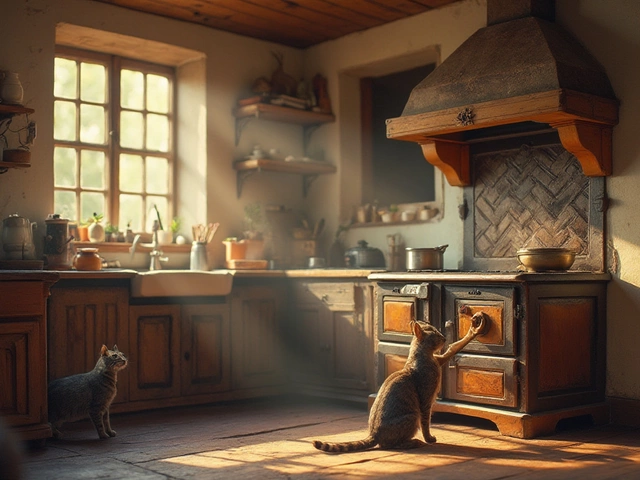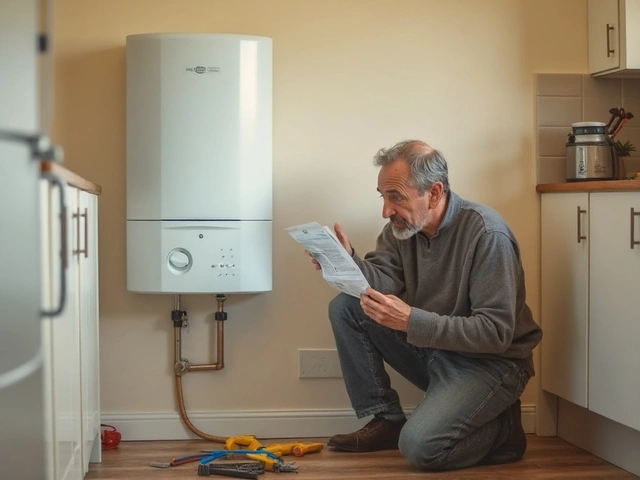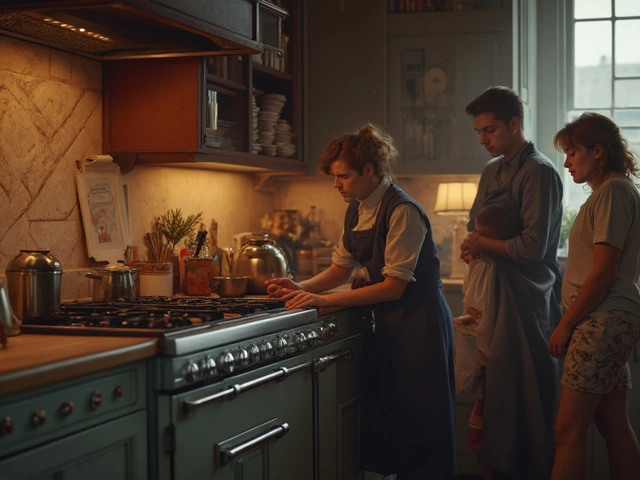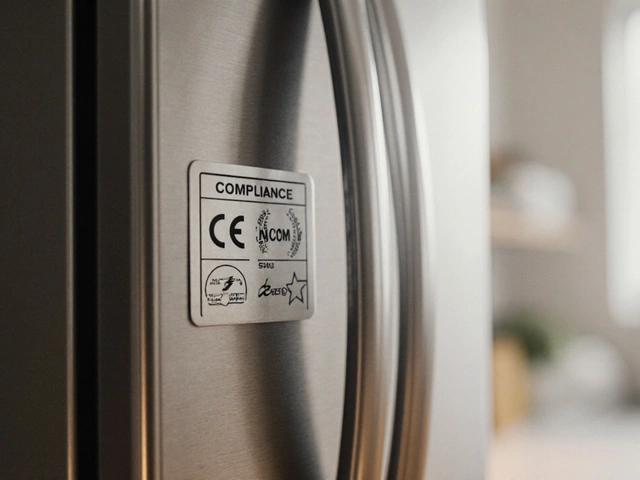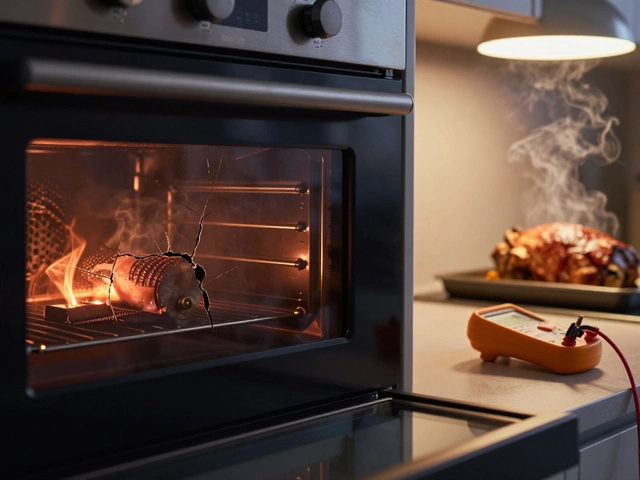Why Your Extractor Fan Stopped Working: Troubleshooting Tips and Solutions
January 30 2025Old Boiler Facts Every Homeowner Should Know
If your boiler has been humming away for years, you might wonder how much longer it will last. The truth is, boilers don’t live forever, and the age of your unit affects safety, bills and comfort. In this guide we break down the key facts about old boilers so you can decide if it’s time for a service or a brand‑new model.
How Long Do Boilers Usually Last?
Most modern gas boilers are built to run 10‑15 years if you keep up with regular servicing. Older models, especially those installed before the early 2000s, often hit the 12‑year mark before they start showing real trouble. A well‑maintained boiler can sometimes stretch to 18‑20 years, but you’ll see more wear and higher repair costs the longer it stays in place.
Two factors decide the lifespan:
- Maintenance: Annual servicing catches rust, leaks and gas pressure problems early. Skipping service cuts the life by several years.
- Usage patterns: A house that runs the heating every day ages the boiler faster than a seasonal‑use home.
So, if your boiler is hitting 12‑years and you’ve missed a service or two, start paying attention to the signs.
When to Replace an Old Boiler
Here are the red flags that mean replacement is the smarter move:
- Rising energy bills: An inefficient boiler uses more gas to produce the same heat. If your bill jumps without a change in usage, the unit’s losing efficiency.
- Frequent breakdowns: More than two major repairs in a year? That’s a good cue to retire the old beast.
- Strange noises: Knocking, rattling or whistling often point to internal corrosion or a failing pump.
- Leaks or rust: Water pooling around the boiler or rust on the pipework is a safety hazard.
- Age: Once you’re past the 15‑year mark, parts become harder to find and costlier to replace.
Safety is the biggest reason to act. An old boiler can develop carbon monoxide leaks, which are invisible and deadly. A working carbon monoxide detector is essential, but the best protection is a well‑kept, up‑to‑date boiler.
Choosing a new boiler isn’t just about swapping out metal. Modern condensing boilers can be 30‑40% more efficient, meaning lower bills and a greener home. Look for models with an Energy Rating of A or higher and check if you qualify for any local grants.
Before you buy, get at least three quotes from certified gas engineers. Ask about the warranty length, annual servicing plans and any hidden installation costs. A reputable installer will also check your existing pipework and suggest upgrades if needed.
In short, keep an eye on age, efficiency and repair frequency. If any of the red flags appear, call a qualified engineer for a thorough inspection. Replacing an old boiler may feel like a big expense, but the savings on energy, lower repair bills and peace of mind pay off quickly.
Got a 15‑year‑old boiler and wondering if it’s time to replace? Our article “Should You Replace a 15‑Year‑Old Boiler?” dives deeper into cost comparisons and helps you decide whether a new unit is worth the investment.
Remember, the right boiler keeps your home warm, your bills low and your family safe. Stay on top of service, watch for warning signs, and you’ll know exactly when to make the switch.
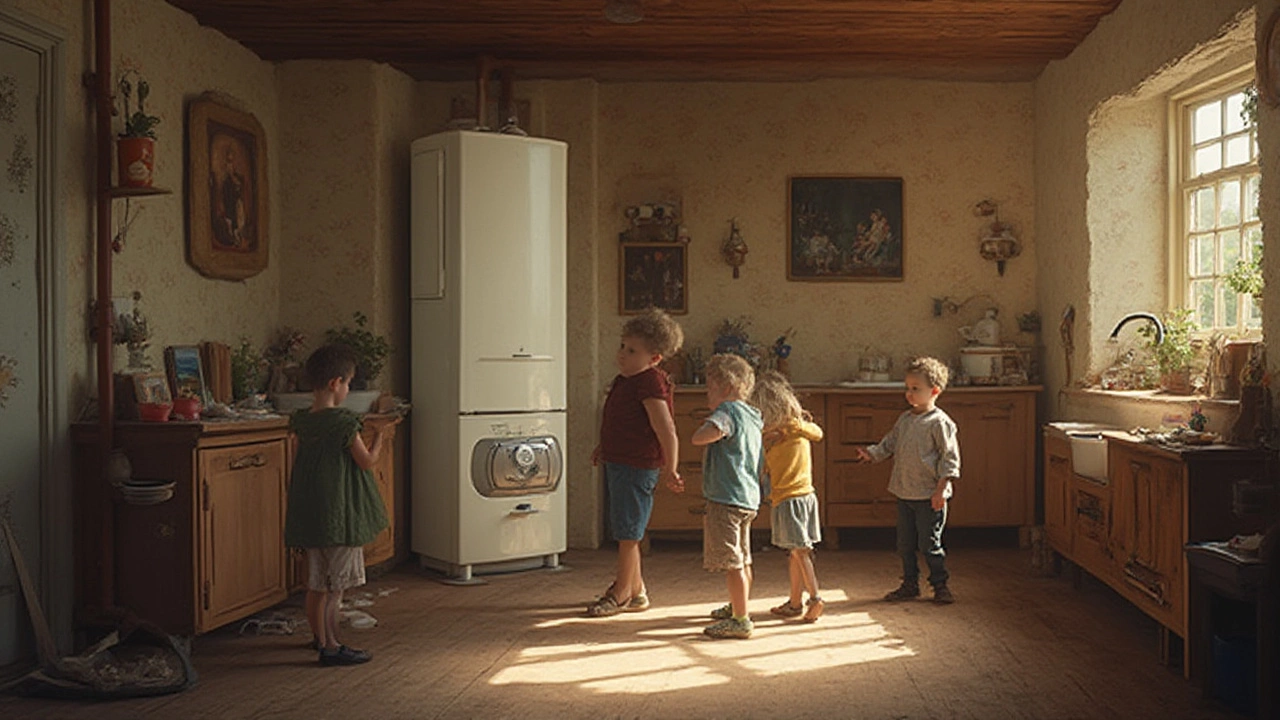 11 Jul
11 Jul
Can a Boiler Really Last 50 Years? Lifespan, Tips & Facts Explained
Can a boiler last 50 years? Explore real-life examples, expert tips, warnings, and maintenance secrets that let boilers hit—and sometimes pass—the half-century mark.
Read More...